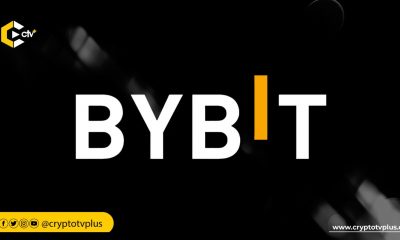News
Crypto Assets Receive Property Recognition in Singapore’s Legal Milestone

A Singaporean High Court has ruled that crypto assets have legal recognition as property. This landmark verdict, highlighted in the case of ByBit Fintech Limited vs. Ho Kai Xin and others, has significant implications for the digital asset industry in Singapore and potentially beyond.
The case was brought to court by ByBit, a Seychelles-based crypto exchange, against Ho Kai Xin, an employee of WeChain responsible for processing ByBit’s payroll.
The company accused Ho of breaching her employment contract by secretly transferring 4.2 million Tether (USDT) and US$120,000 in fiat currency to her accounts.
The High Court’s ruling declared that USDT, a stablecoin pegged to the US dollar, qualifies as property and can be held in trust. Judge Philip Jeyaretnam stated that crypto assets, like USDT, are chosen in action, representing a right to sue for a personal remedy, such as a debt.
ByBit was granted the declarations sought based on institutional constructive trust, and Ho was ordered to repay the amounts transferred, including interest and costs.
This ruling holds significant ramifications for the digital asset industry, especially after a US judge, Analisa Torres of the New York District, ruled that Ripple’s XRP is not a security in the second week of July.
It can also be recalled that earlier in April, another Singaporean court, overseen by Justice Coomaraswamy, argued that cryptocurrencies are not considered money, despite their use in financial transactions.
The case involves Algorand, a blockchain company, seeking to recover 53.5 million USDC from the defunct crypto hedge fund firm, Three Arrow Company. Algorand claims that as USDC is pegged to the US dollar, it should be recognized as money in Singapore.
However, Coomaraswamy counters that this would also imply accepting unconventional forms of money, such as a community using seashells. The judge suggests that seashells were once considered a form of currency in history.
Read also; Ethereum Layer 2 Meetup Comes to Nairobi and Lagos
























